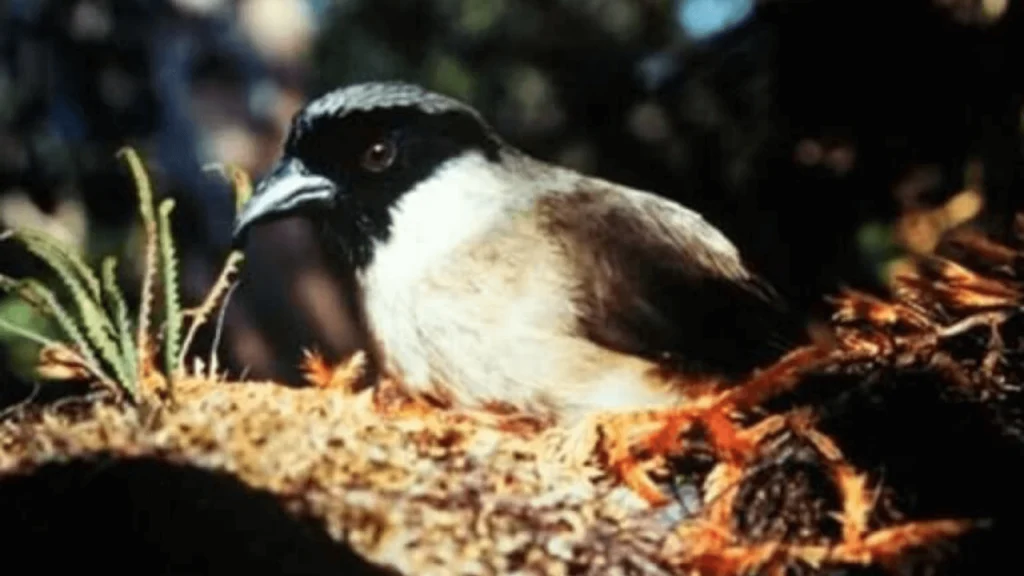Announced today, the U.S. Fish and Wildlife Service (USFWS) will soon declare 21 species, including 10 U.S. bird species, extinct. Eight of the 10 are Hawaiian species. Unfortunately, the majority were likely already extinct at or about the time they were listed under the Endangered Species Act (ESA). Now, they will be removed from the ESA due to extinction.
“Most of these extinct birds are Hawaiian species that were unique to those islands. It’s a tremendous loss,” said Michael J. Parr, President of American Bird Conservancy (ABC). “Their ESA listings happened too late for their protection and recovery. Sadly, this tragic outcome could have been prevented if actions to conserve their habitats had been taken sooner.”
The eight Hawaiian bird species that will be declared extinct are the Kauai akialoa, Kauai nukupuu, Kauaʻi ʻōʻō, Large Kauai thrush, Maui ākepa, Maui nukupuʻu, Molokai creeper, and Po`ouli. The other U.S. bird species that is presumed extinct is the Bachman’s Warbler, once found in the southern U.S., along with the Bridled White-eye of Guam. Unlike the delisting proposal in September 2021, today’s announcement does not include a final extinction call for the Ivory-billed Woodpecker.
“Some may use this data to suggest that the ESA has somehow failed. That would be incorrect since most of these species were either already extinct when the Act became law, or so rare and threatened that it was too late for conservation initiated under the Act to save them,” said Parr. “The ESA’s success rate has actually been extremely good with very few extinctions and many species recoveries since it was passed.”
Once a bird paradise, Hawai‘i is now the bird extinction capital of the world with many species on the brink and more at risk of disappearing in our lifetime. Most of the remaining bird populations have been substantially reduced by habitat loss and invasive species, and the honeycreepers, including Kiwikiu and ‘I‘iwi, have been hit particularly hard by nonnative diseases transmitted by invasive mosquitoes.
Through the Birds, Not Mosquitoes program, ABC is helping coordinate the design and implementation of a strategy that will disrupt the mosquitoes’ breeding cycle. Under the plan, a secure lab is rearing male mosquitoes containing a strain of naturally occurring Wolbachia bacteria that will make them unable to successfully reproduce with wild female mosquitoes in Hawai‘i.
“We’re working urgently with our partners in Hawai’i to prevent the tragedy of future Hawaiian bird extinctions,” said Parr. “I still have hope that we can prevent the extinction of the Kiwikiu and other Hawaiian birds. If we act now, and decisively, we can ensure a different outcome.”
“Of the Hawaiian birds to be declared extinct, only the Po`ouli was still in existence when its listing occurred. An effort was made to capture the remaining birds, but it started much too late,” said Steve Holmer, Vice President of Policy for ABC. “The longer conservation efforts continue, the better the results. It is essential that species be listed for protection under the ESA before they are in crisis, and that the ESA remain strong to guard against future extinctions.”
The final rule to delist 21 species from the ESA due to extinction will be published in the Federal Register on October 17, 2023 and is effective 30 days after publication.
